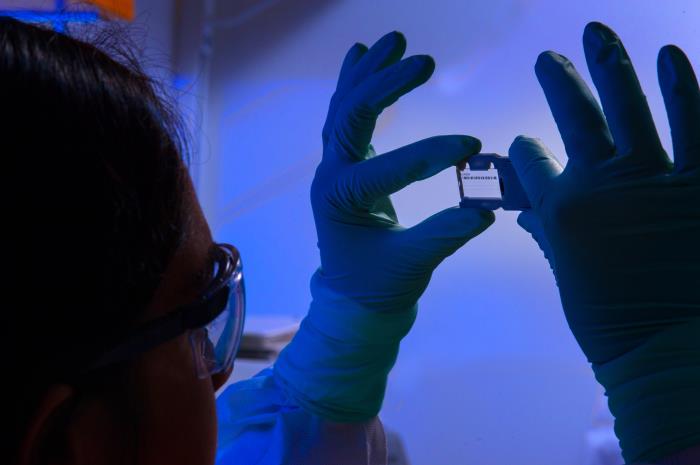
Infectious diseases have historically posed great danger to Service Members, a trend poised to continue as Multi-Domain Operations require prolonged field care. As such, identifying and understanding endemic and emerging diseases is critical to force health protection. USAMRD-G is equipped with robust molecular platforms that allow for surveillance testing to detect bacterial, viral and parasitic pathogens. Thus, USAMRD-G is uniquely postured to understand disease threats within the Europe, informing public health and military authorities.
Rapid syndromic, multiplex molecular analyzers allow for rapid detection of respiratory, diarrheal, acute febrile and sexually-transmitted infections in clinical specimens. The main laboratory is also equipped with open molecular platforms for real-time rt-PCR assays that can be expanded as new diseases emerge. Next generation sequencing allows USAMRD-G researchers to look for antimicrobial resistance genes and define clonal relations that determine if pathogens are
spread globally or unique to Georgia. Additionally, USAMRD-G scientists use automated biochemical platforms and conventional microbiological methods to identify bacterial isolates from clinical specimens to characterize their AMR patterns. These data are paramount to informing combatant commanders and public health bodies to plan for mitigation through preventative or therapeutic measures.